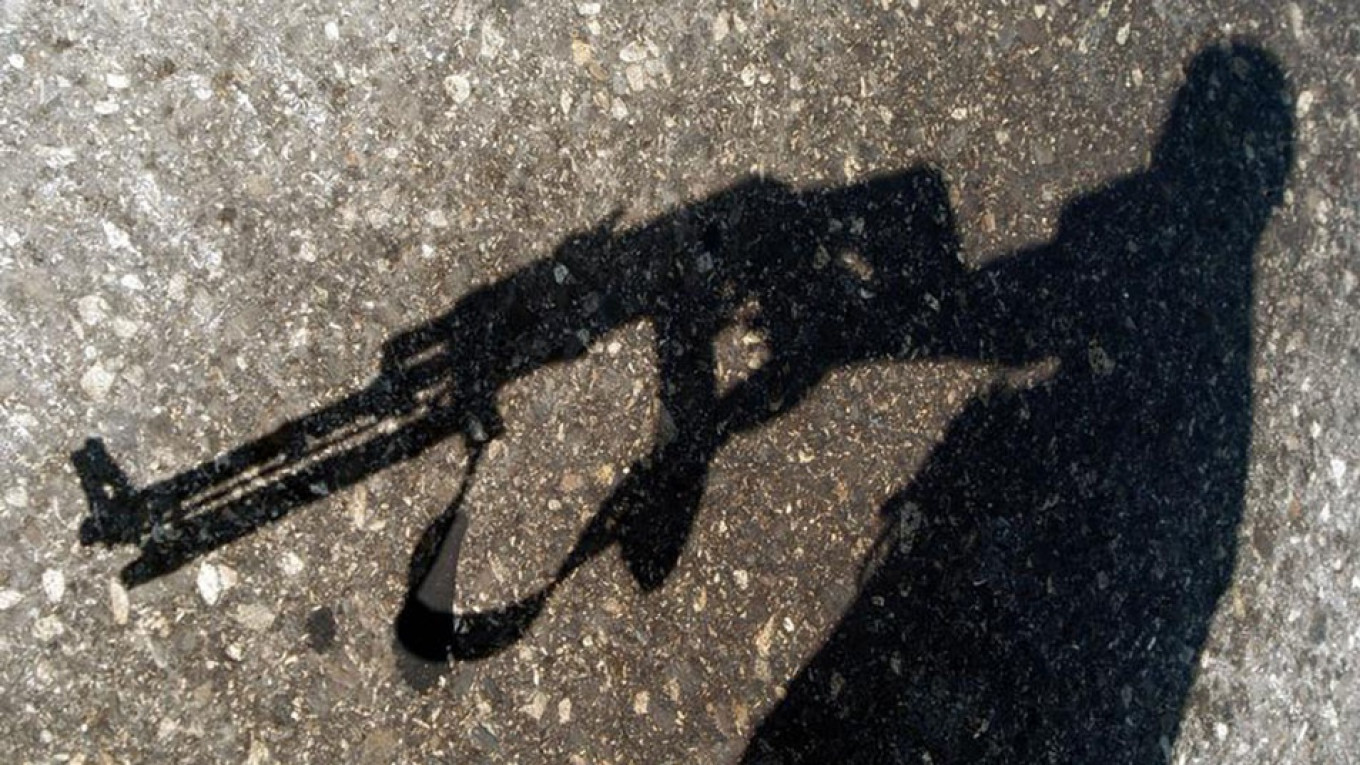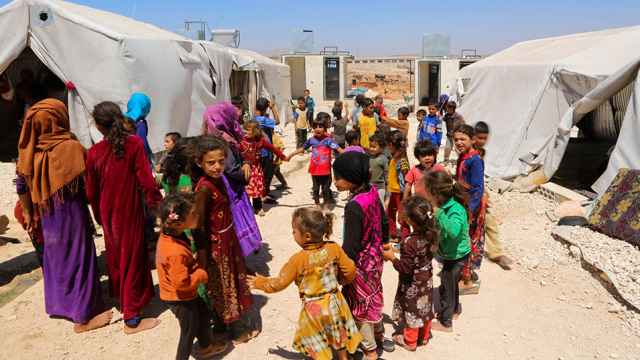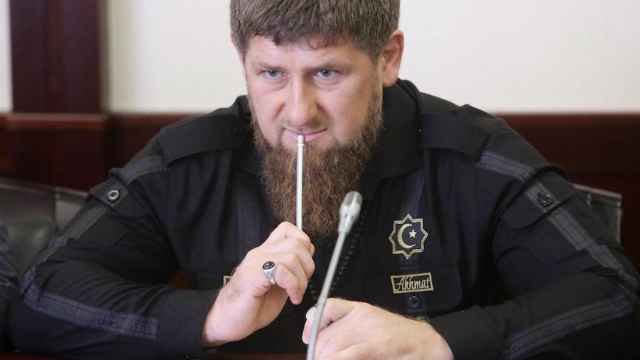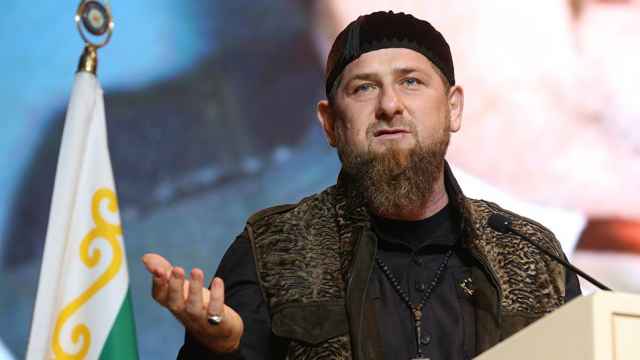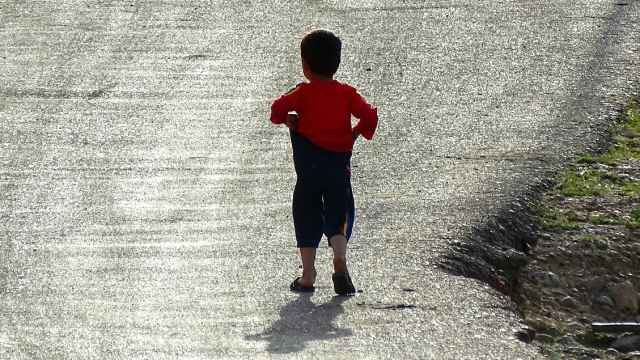Islamic State's media arm released a video on Wednesday of four boys it said were behind multiple attacks on police targets in the Russian region of Chechnya two days ago which were claimed by the group.
Three of them brandished big knives and the youngest held up a phone with an Islamic State flag displayed on the screen as they pledged allegiance in Russian to Islamic State leader Abu Bakr al-Baghdadi.
The authenticity of the video and identities of the individuals could not be verified by Reuters, although the ages of the boys appeared consistent with statements by local officials who said the attackers were minors, one as young as 11.
In the attacks on Monday, which included a botched suicide bombing and a knife attack on a police station, four of the assailants were shot dead, while the fifth was hospitalized after he blew himself up but survived, Russian news agencies and officials said.
In the video released by Islamic State's media arm Amaq, the boys described themselves as the "Mujahideen of the Caucasus" and threatened attacks on infidels.
The mainly Muslim internal republic of Chechnya has been dogged by attacks and a simmering insurgency since Moscow fought two wars with separatists there following the 1991 breakup of the Soviet Union.
"The oldest one who rammed the traffic police officers was almost 17, the youngest of the criminals was 11 years old, according to the information we have," Dzhambulat Umarov, Chechnya's communications minister was quoted as saying by the TASS news agency.
Parts of Russia's wider North Caucacus region are also volatile with unemployment and corruption pushing some young men to embrace radical Islam.
Chechnya is now ruled by Kremlin-backed leader Ramzan Kadyrov who has been criticised by human rights advocates for widespread abuses, but under whose helm attacks have become relatively rare.
That this attack was carried out by minors who grew up in Kadyrov's post-war Chechnya and had no personal experience of the wars themselves should be alarming for the Russian and Chechen authorities, said Ekaterina Sokirianskaia, director of the Conflict Analysis and Prevention Centre, which monitors conflicts in the former Soviet region.
It is the first time such young children have been used in an attack in Chechnya, she said.
"This is a new generation of jihadists that we're seeing now. They have not seen war. This is the post-war generation," she said.
Islamic State is a terrorist organization banned in Russia.
A Message from The Moscow Times:
Dear readers,
We are facing unprecedented challenges. Russia's Prosecutor General's Office has designated The Moscow Times as an "undesirable" organization, criminalizing our work and putting our staff at risk of prosecution. This follows our earlier unjust labeling as a "foreign agent."
These actions are direct attempts to silence independent journalism in Russia. The authorities claim our work "discredits the decisions of the Russian leadership." We see things differently: we strive to provide accurate, unbiased reporting on Russia.
We, the journalists of The Moscow Times, refuse to be silenced. But to continue our work, we need your help.
Your support, no matter how small, makes a world of difference. If you can, please support us monthly starting from just $2. It's quick to set up, and every contribution makes a significant impact.
By supporting The Moscow Times, you're defending open, independent journalism in the face of repression. Thank you for standing with us.
Remind me later.


